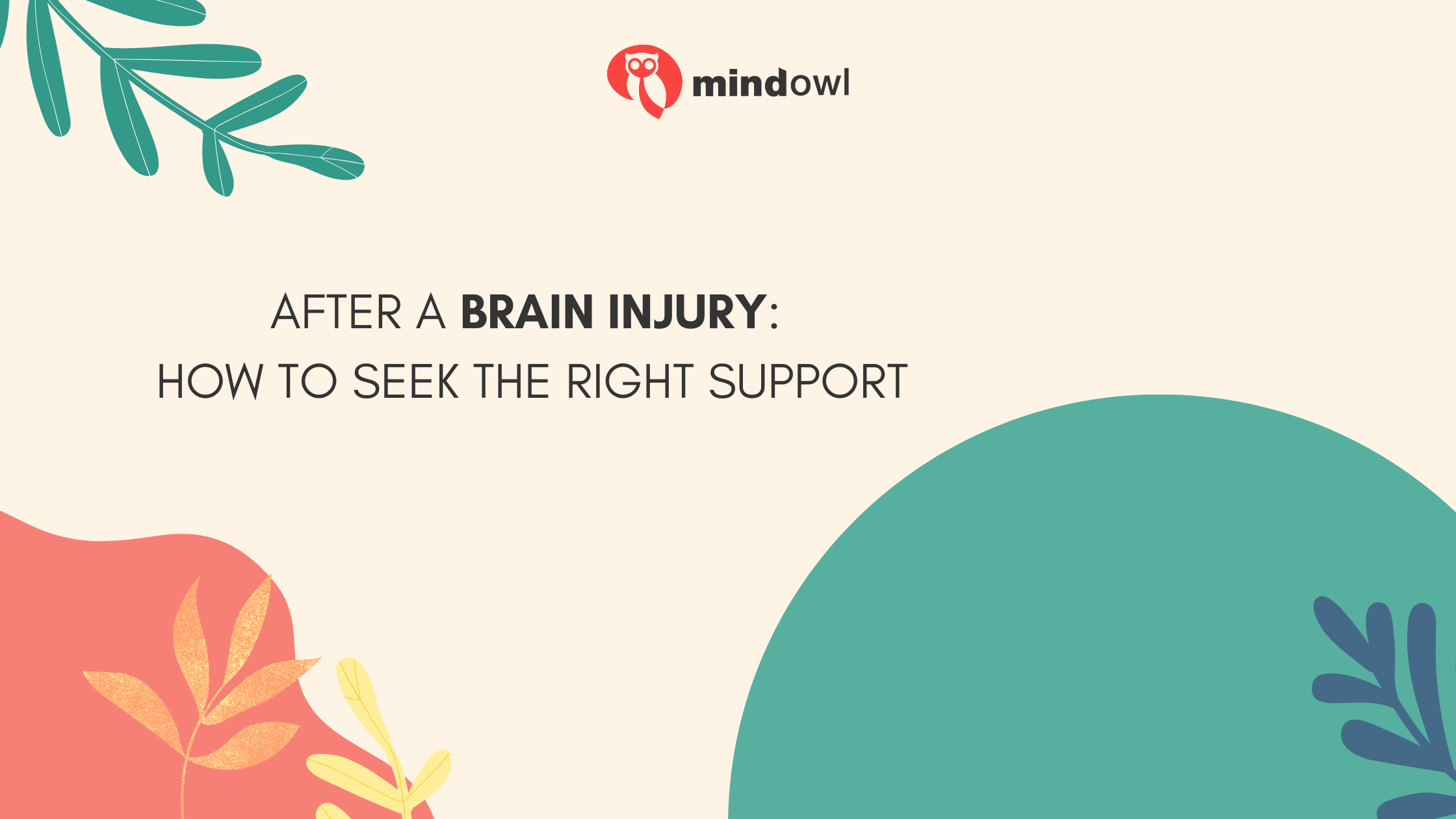Brain injuries are devastating life events, with tangible impacts for both their victims and the loved ones that surround them. They can occur in a number of different ways, from medical events such as strokes or tumours to physical accidents and injuries.
The hardest part of a brain injury is often not the injury itself, but its aftermath – and sourcing the right support for that journey to recovery. What does that journey look like?
The Impact of a Brain Injury
Brain injuries can have profound short-term impacts, with symptoms ranging from simple dizziness and confusion to lethargy, speech issues and even unconsciousness. The latter symptom is a dangerous harbinger of significant injury, and can imply longer-term impacts. Immediate treatment might include surgical intervention to address inflammation or haemorrhaging, bringing with it an extended hospital stay.
Depending on the severity of the injury suffered, though, its long-term impacts can be similarly profound. Again, impacts differ from injury to injury, but essential faculties can be near-permanently altered – from mobility and motor control to speech, memory, behaviour and even cognition.
Types of Support You May Need
Naturally, the type and level of support a given brain injury victim needs will be directly proportional to the nature and severity of their injury. In many mild stroke cases, victims need little more than a brief period of rest and recovery before they are more or less back to full health. Meanwhile, there are those that suffer catastrophic brain injuries that might be unable to feed, clothe or wash themselves for months, years or even the rest of their life.
As well as physical rehabilitation and therapy, as a brain injury victim you may need a great deal of pastoral support. The early days of recovery might see you having difficulty organising your time and energy, making the pursual of a civil claim for personal injury all the more difficult without help. Family, friends or a wider support network will be useful in liaising with brain injury solicitors on your behalf, as well as organising your days and ensuring essential needs are being met.
The Importance of Asking for Help
There is a tendency amongst victims of injury to shirk help when it is needed, despite struggling with either the physical or mental aspects of recovery. Those with serious brain injuries are, of course, more likely to get the support they need on account of being potentially dependent. However, those with relatively minor injuries can often be overlooked – even by friends and family who believe you to be coping well.
With all this in mind, it is important to know that asking for help is entirely allowed, and absolutely encouraged. If not for help with basic things like shopping or managing your household, assistance can simply come in the form of emotional support, to help you think through the feelings brought up by the nature of your injury.
MindOwl Founder – My own struggles in life have led me to this path of understanding the human condition. I graduated with a bachelor’s degree in philosophy before completing a master’s degree in psychology at Regent’s University London. I then completed a postgraduate diploma in philosophical counselling before being trained in ACT (Acceptance and commitment therapy).
I’ve spent the last eight years studying the encounter of meditative practices with modern psychology.

